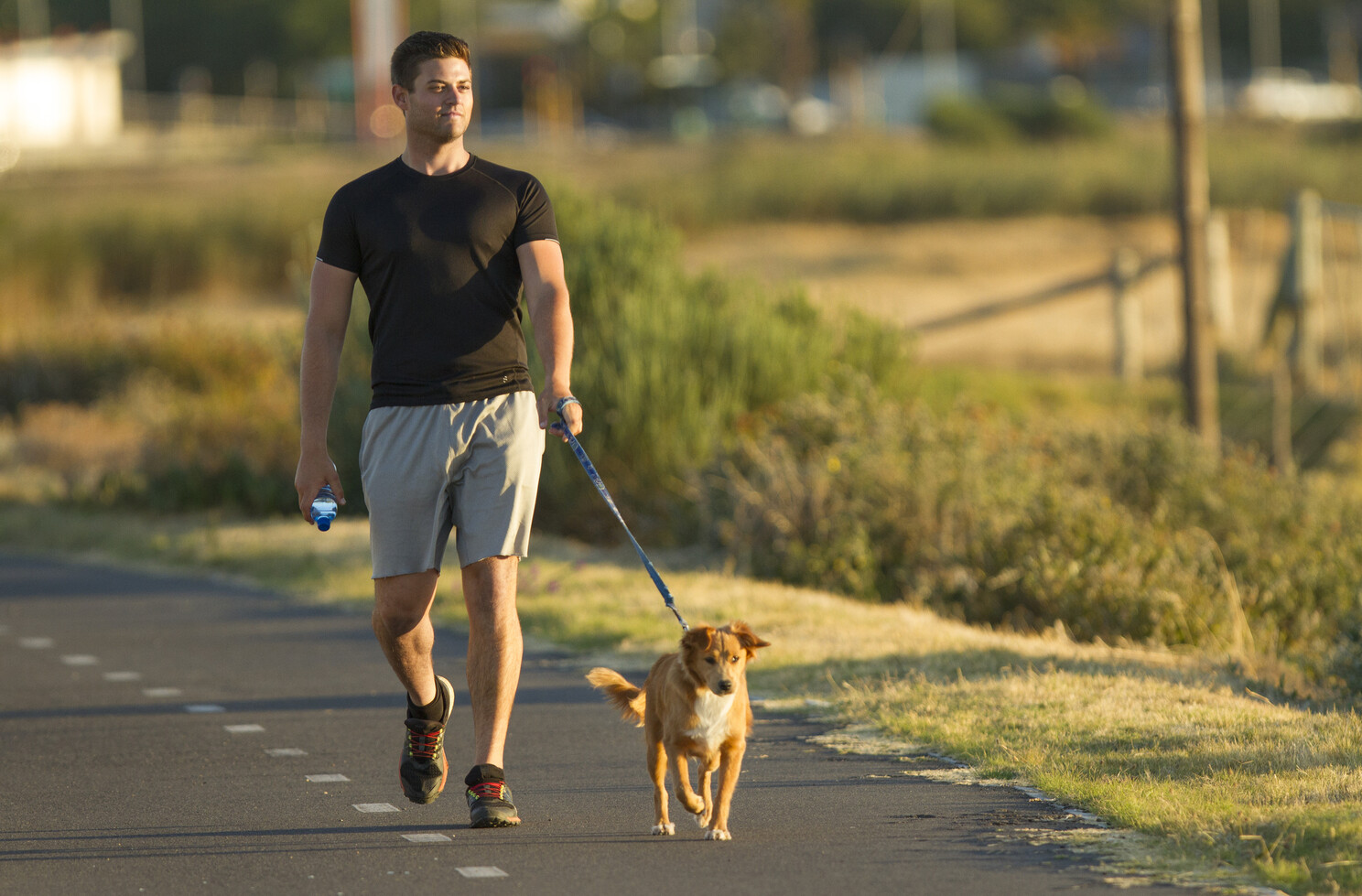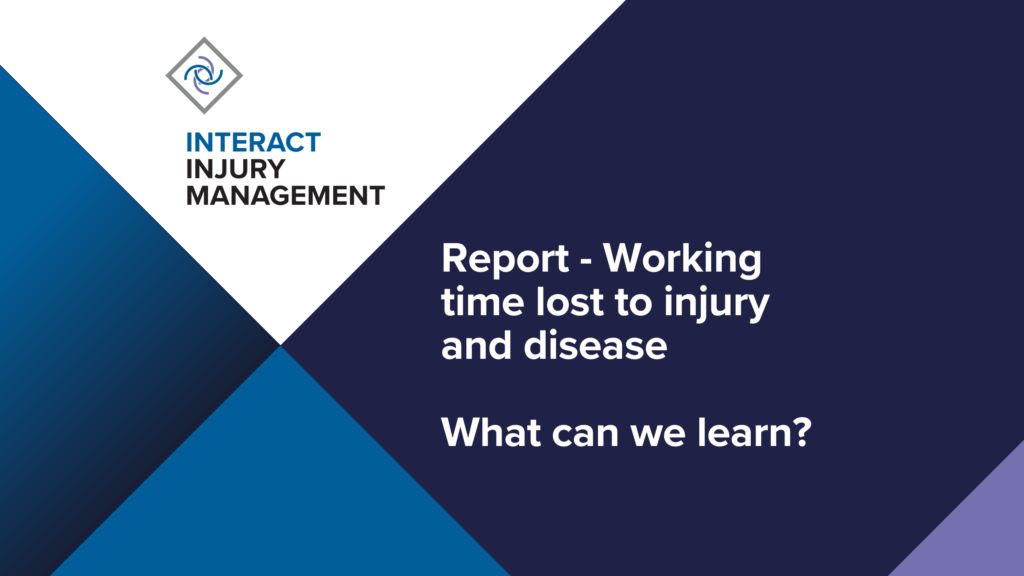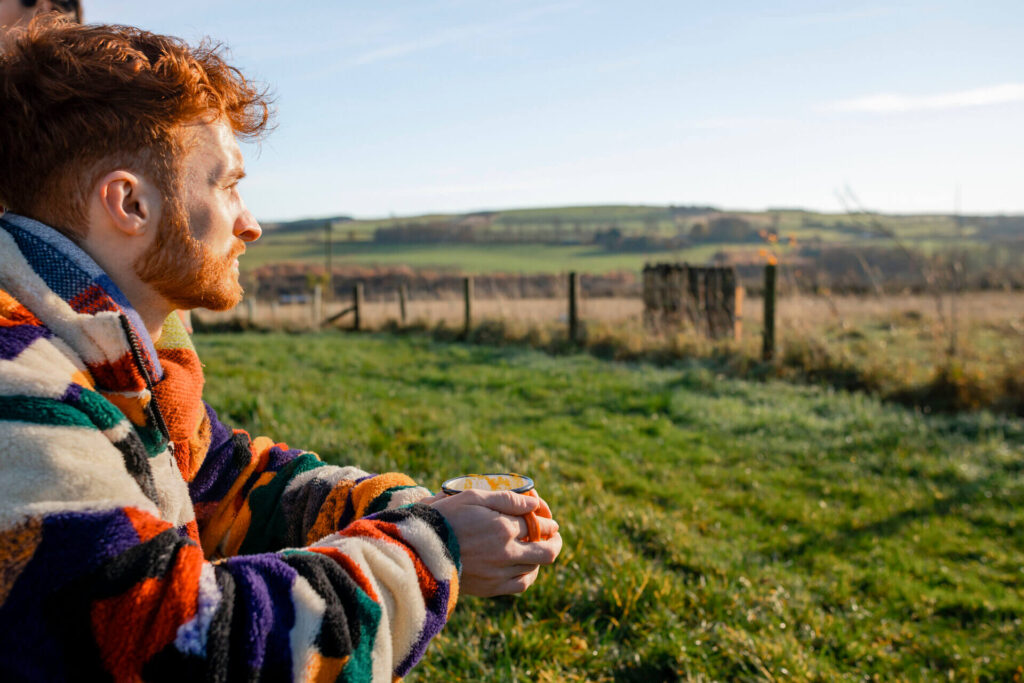The human body is incredible. It’s taller in the morning, your tongue print is as unique as your fingerprint, and in your lifetime, you produce enough saliva to fill two swimming pools.
This amazing physical body carries you throughout your life (even if all the cells do get replaced every seven years) and it is very much connected to your inner, mental wellbeing.
There are strong links between mental and physical health. If you aren’t looking after your body, your mental health is likely to be affected and vice-versa.
Finding the right ways to unwind and recover
Sean Betland, one of our experienced occupational therapists knows this all too well.
“I know I’m getting stressed if I start to grind my teeth. I really hold my stress in my jaw and neck area and sometimes get headaches as a result. I also notice my sleep isn’t as good. These are all signs for me that I need to stop, check in with my body, and do something different.”
Looking after your physical health can have such a big impact on your mood. For Sean, running, mountain biking, and sport in general are some of the ways he manages his mental health.
“I find it allows me to ‘switch’ off the ‘noise’ in my head and be more mindful of simple things like my breathing, my heart rate, and my surroundings.”
Another technique Sean uses is keeping his physical environment ‘in order’.
“This may sound odd but having my doing things like cleaning the house, mowing the lawns, and being across my ‘life tasks’ allows me to be more relaxed and this supports positive mental health for me.”
Plus, it’s another handy way to sneak in some incidental exercise in your day.
We know that if you are recovering from an injury, there might be limitations around what you can do. Some things might be harder than they used to be, and it can be frustrating at times.
“I think what is important here is there is no “right” or “wrong” approach. Each person has their own path to recovery,” Sean says.
Playing to your strengths and getting assistance where you know you have weaknesses can be a great starting point. And feel free to talk to your Rehabilitation Coach about what this looks like for you.
Top tips for a healthy body, healthy mind, and positive recovery
1. Make time for activities that you enjoy and allow you to relax and smile, even just 15 minutes each day
Whether it’s exercise, meditation, yoga, reading, playing with your children is irrelevant, but it needs to be about you and because you want to.
2. Accept help and support
Sometimes, it might feel like it’s weak to seek help. Or you might feel like you’re a burden to someone. Everyone needs help sometimes, and sometimes asking for it or accepting the help that’s offered is the strongest thing you can do. If you can accept the help that’s available to you, it will allow you to focus energy into your recovery.
3. Set yourself goals, no matter how small, to help you see the progress you are achieving
Especially with complex injuries or health issues, it can be a slow journey and progress can be hard to see when in the daily grind. So create short term, medium term, and long-term goals that resonate with you, motivate you, and be sure to write them down and review frequently so you can keep yourself accountable. And when you nail it – don’t forget to celebrate the wins!
4. Surround yourself with a great support team
This can be family members, health professionals, colleagues – anyone that brings a positive contribution and energy to you and your goals. Their positivity and focus on your recovery will keep you motivated, help with accountability, but also provide much needed support when you are struggling to stay on track.
5. Remember to remain focused on what you can control
If there is a problem with your recovery or your general life that you cannot influence, then try to not waste energy on it. Instead focus your time and energy into those things you can control.
This also assists taking ownership of your situation and your recovery/journey.
About Sean
Sean Betland is the General Manager of Acumen Health.
He is an Occupational Therapist from Coffs Harbour but now resides in Newcastle (NSW). After graduating from university in 2003, Sean worked in both hospital and community-based roles before settling into occupational rehabilitation from 2008.
He has worked in a range of roles as a consultant, customer manager, regional manager, and state manager.




